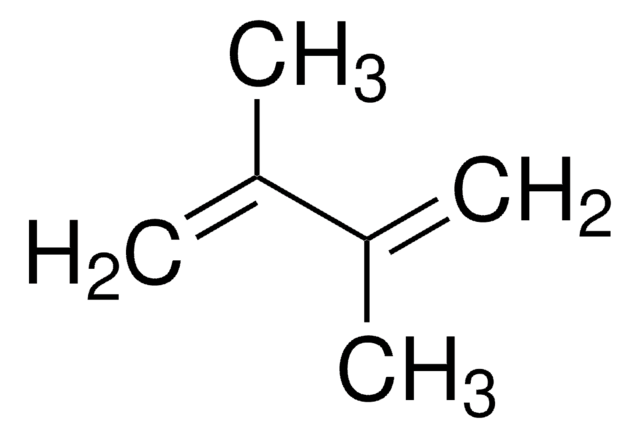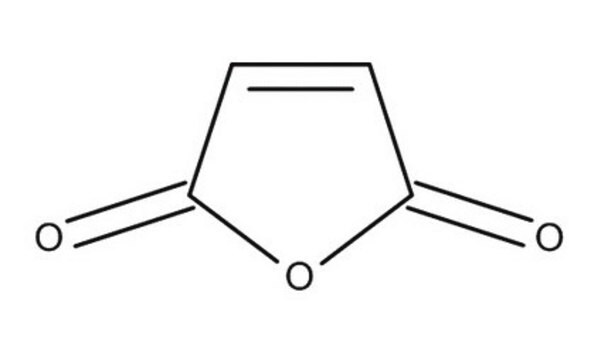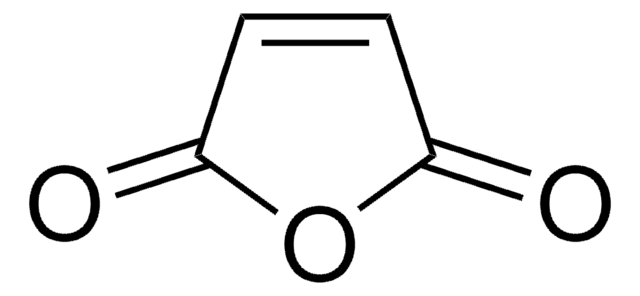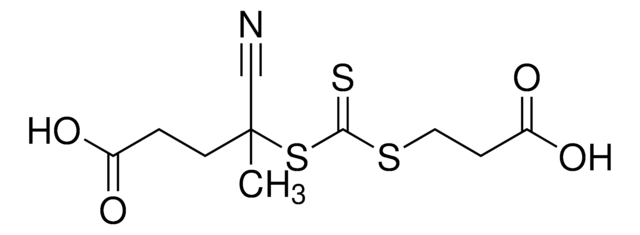902659
Amino-PEG6-t-butyl ester
Synonym(s):
tert-Butyl 1-amino-3,6,9,12,15,18-hexaoxahenicosan-21-oate, H2N-PEG6-CH2CH2COOtBu
About This Item
Recommended Products
form
liquid
reaction suitability
reagent type: cross-linking reagent
refractive index
n/D 1.4562
density
1.06581 g/mL
functional group
amine
ester
storage temp.
−20°C
SMILES string
NCCOCCOCCOCCOCCOCCOCCC(OC(C)(C)C)=O
InChI
1S/C19H39NO8/c1-19(2,3)28-18(21)4-6-22-8-10-24-12-14-26-16-17-27-15-13-25-11-9-23-7-5-20/h4-17,20H2,1-3H3
InChI key
QGSFECNPSLZGGT-UHFFFAOYSA-N
Application
Technology Spotlight: Degrader Building Blocks for Targeted Protein Degradation
Legal Information
related product
Storage Class Code
10 - Combustible liquids
WGK
WGK 3
Flash Point(F)
Not applicable
Flash Point(C)
Not applicable
Choose from one of the most recent versions:
Certificates of Analysis (COA)
Sorry, we don't have COAs for this product available online at this time.
If you need assistance, please contact Customer Support.
Already Own This Product?
Find documentation for the products that you have recently purchased in the Document Library.
Our team of scientists has experience in all areas of research including Life Science, Material Science, Chemical Synthesis, Chromatography, Analytical and many others.
Contact Technical Service








